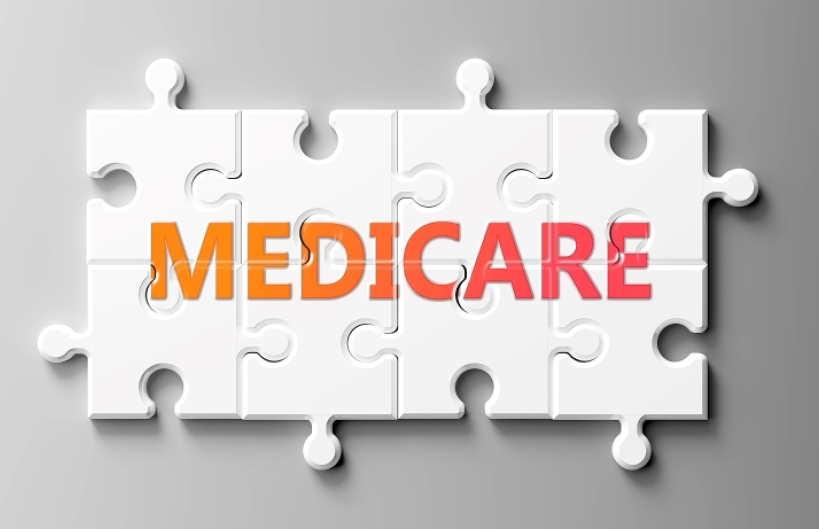In August 2022, the Inflation Reduction Act of 2022 (IRA) was passed by Congress and signed into law by President Joe Biden. Biden touted the $739 billion bill as “one of the most significant laws in our history.” It is arguably the most impactful health legislation since the Patient Protection and Affordable Care Act of 2010.
As the centerpiece of the IRA’s various drug pricing reforms, Medicare is allowed to “negotiate” what it will pay for many single-source branded drugs that account for the highest total expenditures for Medicare. In practice, Medicare will be able to dictate those prices. This year and next Medicare will negotiate directly with pharmaceutical companies to set the maximum fair price (MFP) for the following 10 prescription drugs from Part D:
- Eliquis
- Jardiance
- Xarelto
- Januvia
- Farxiga
- Entresto
- Enbrel
- Imbruvica
- Stelara
- Fiasp; Fiasp FlexTouch; Fiasp PenFill; NovoLog; NovoLog FlexPen; NovoLog PenFill
Medicare enrollees taking these 10 drugs paid a total of $3.4 billion in out-of-pocket costs in 2022 for these drugs, and those out-of-pocket costs will decrease starting in 2026.
The number of drugs with MFPs set will increase by 15 in 2027 (all from Part D) to 25 in total. In 2028, 15 drugs from Part D or Part B (combined) will be added, resulting in a total of 40 drugs with MFPs set. In 2029 and each year after, 20 drugs from Part D or Part B will be added. By 2031, the total will reach 100 drugs, which means that, ultimately, all successful drugs (excluding certain categories specified in the law) will have their prices set by Medicare.
The minimum discounts that Medicare could demand vary based on the age of the drug: 25% for drugs on the market for more than nine years; 35% for drugs on the market for more than 12 years; and 60% for drugs on the market for more than 16 years. Those are all starting points, and it’s important to bear in mind that there is no price floor, so Medicare could impose steep discounts.
New Information Intermediary
Although the IRA requires manufacturers of selected drugs to ensure access to the MFP by all eligible individuals and providers, the Centers for Medicare and Medicaid Services (CMS) intends to contract with a so-called “Medicare Transaction Facilitator” to help with the exchange of information between different entities in the prescription drug supply chain to enable manufacturers to pass through the MFP to dispensers of selected drugs for eligible individuals. Under the IRA, manufacturers that do not ensure access to the MFP for selected drugs to eligible individuals and dispensers may be subject to civil monetary penalties.
340B Issues
Medicare negotiation of prescription drug prices also has the unintended consequence of adversely impacting the economics of the 340B program. The program requires pharmaceutical companies participating in Medicaid to sell outpatient drugs at discounted prices to healthcare organizations known as covered entities (CEs) that care for many uninsured and low-income patients. While 340B CEs will be able to purchase drugs at the lower of the 340B price or MFP, since the prices of some of the most costly drugs will decrease significantly, the absolute value of the 340B spread (savings margin) will in turn decrease, and this negative impact will grow as more drugs will be subject to price negotiation.
Although the 10 drugs that will be negotiated for implementation in 2026 are known, the prices that will be dictated by Medicare have not been set, so modeling the impact on the 340B Program is not feasible. In addition, the impact on 340B CEs will vary significantly, depending on numerous factors, including their mixes of patients, drugs, and payers.
In addition, currently there is a scenario in which a manufacturer retrospectively offers an MFP rebate to the dispenser (pharmacy) for a given drug, and the 340B third-party administrator (TPA) also claims that drug as 340B eligible, resulting in a duplicate discount. To date, CMS has not yet proposed a method to prevent this from occurring.



